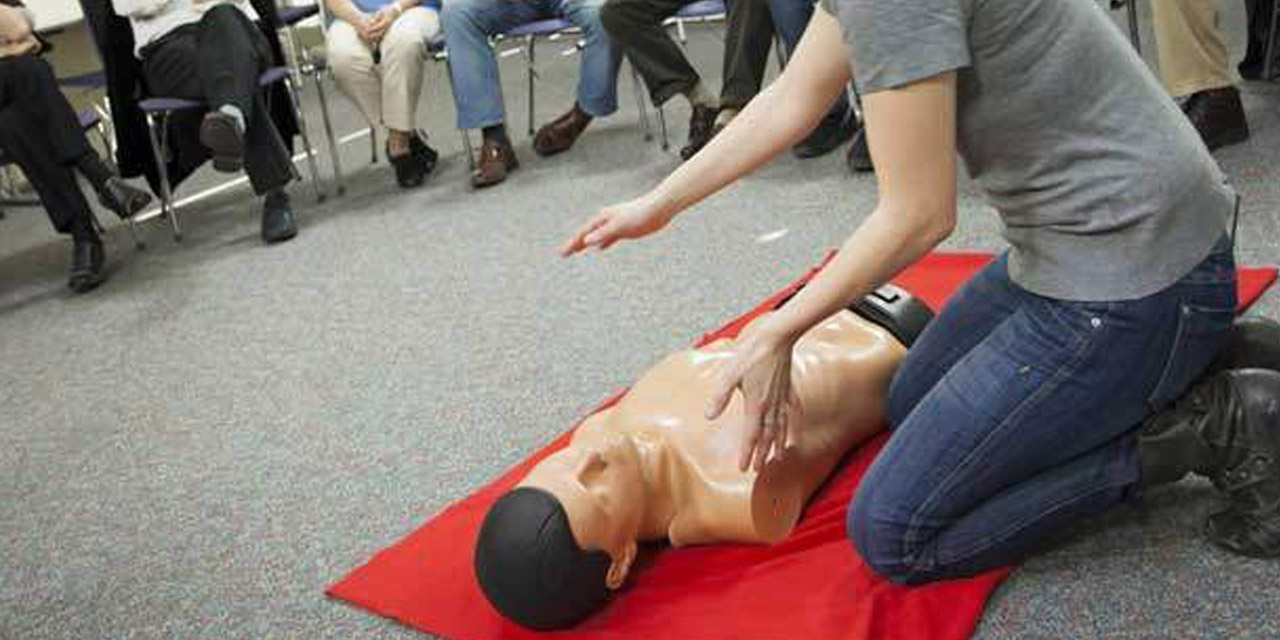Outline of Course Programme
The Level 2 Adult Social Care Certificate (RQF), regulated by OFQUAL and approved by Skills for Care, is a comprehensive training program and qualification designed to equip individuals with the essential skills and knowledge required for a successful career in adult social care. This qualification provides a solid foundation for those entering the sector.
The Level 2 Adult Social Care Certificate is a new qualification which has been developed from the Care Certificate standards. The Level 2 Adult Social Care Certificate is accredited, portable and requires assessment of skills.
The Level 2 Adult Social Care Certificate qualification is open to all eligible direct care staff, aged 19+. The Adult Social Care Certificate will not replace the Care Certificate standards, but knowledge gained from new starter induction may be used towards gaining the Level 2 Adult Social Care Certificate via recognition of prior learning or the Level 2 Adult Social Care Certificate qualification may be designed in such a way to be blended into care employer induction programmes.
Course Objectives
Develop a thorough understanding of the principles and values underpinning adult social care.
Gain knowledge of the roles and responsibilities of a social care worker.
Learn effective communication strategies and techniques essential in a care setting.
Understand the importance of safeguarding and protecting individuals in care.
Explore the concepts of equality, diversity, and inclusion within social care environments.
Acquire practical skills for providing person-centred care and support.
Key Learning Areas and Units
The Principles of Understanding Own Role:
Overview of the adult social care sector
Understanding the roles and responsibilities of care workers
Personal Development in Adult Social Care Settings:
Reflective practice and continuous professional development
Setting goals for career advancement
The Principles of Duty of Care in Adult Social Care Settings:
Understanding the duty of care
Managing conflicts and dilemmas
Promoting Equality, Diversity, Inclusion and Human Rights in Adult Social Care Settings:
Understanding equality, diversity, and inclusion
Promoting inclusive practices
Promoting Person-Centred Practice in Adult Social Care Settings:
Implementing person-centred care practices
Promoting dignity, choice, and independence
Promoting Effective Communication in Adult Social Care Settings:
Effective communication techniques
Overcoming barriers to communication
The Principles of Privacy and Dignity in Adult Social Care Settings:
Maintaining privacy and dignity in care
Respecting personal boundaries and choices
Promoting Nutrition and Hydration in Adult Social Care Settings:
Importance of nutrition and hydration
Assessing and meeting individual nutritional needs
Understand Awareness, Mental Health and Dementia:
Awareness of mental health conditions and dementia
Supporting individuals with mental health needs
The Principles of Adult Safeguarding:
Identifying signs of abuse and neglect
Reporting and responding to safeguarding concerns
Understand the Principles of Safeguarding Children:
Safeguarding principles for children
Recognising and reporting child protection issues
Promoting Health, Safety and Principles of Basic Life Support:
Maintaining a safe and healthy care environment
Understanding risk assessment and management
Basic life support techniques
Effective Handling of Information in Adult Social Care Settings:
Maintaining accurate and secure records
Data protection and confidentiality
The Principles of Infection Prevention and Control (IPC):
Understanding infection control procedures
Implementing IPC measures in care settings
Understand Learning Disability and Autism:
Characteristics of learning disabilities and autism
Providing appropriate support and care
Available To
Directly employed direct care staff aged 19+.
Course bookings only accepted from health and social care providers that can access the Adult Social Care Training and Development Fund from Summer 2024.
Assessment and Certification
The course includes a combination of written assignments, practical assessments, and reflective practice journals to evaluate learners’ understanding and application of the course material. Assessment methods are designed to ensure learners can demonstrate their competencies in real-world care settings and follow a portfolio based approach to evidence of achievement and competency.
Upon successful completion of the course, learners will be awarded the Level 2 Adult Social Care Certificate (RQF), recognised and regulated by OFQUAL and approved by Skills for Care. This certification validates the learner’s ability to provide high-quality care and support within the adult social care sector.
Career Opportunities
This qualification opens doors to various roles within the adult social care sector, including domiciliary care worker, support worker, and care assistant roles in residential, hospice, and community settings. It also provides a pathway for further education and professional development in social care.













